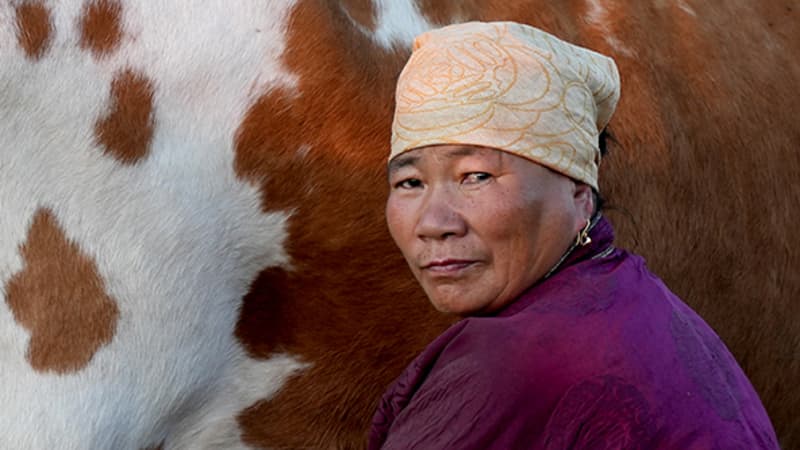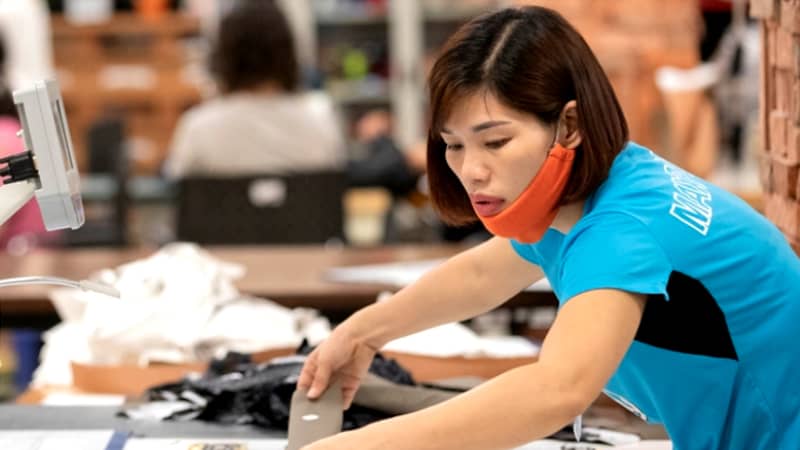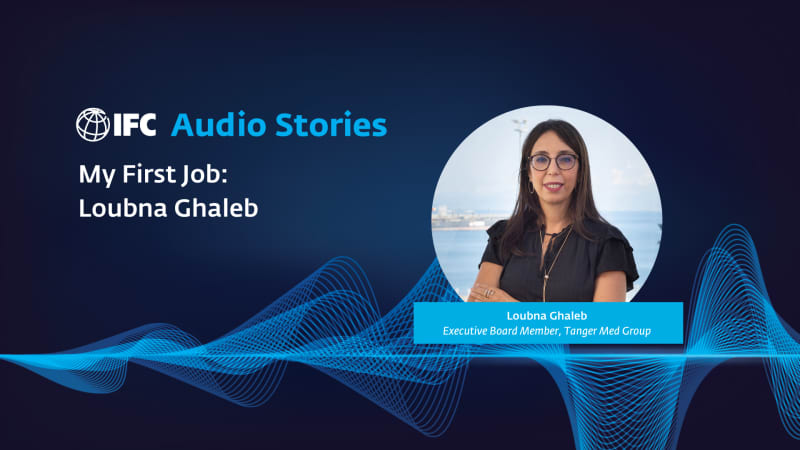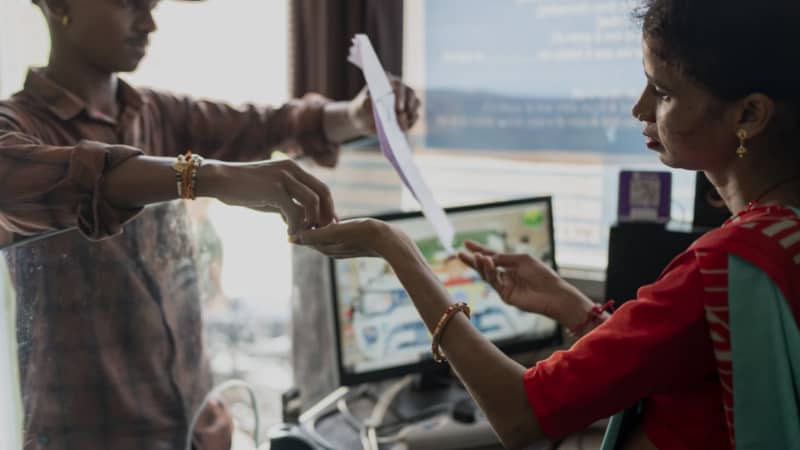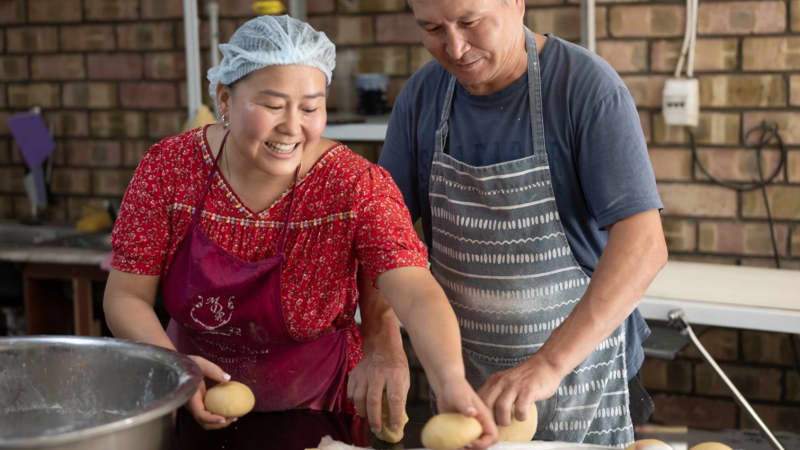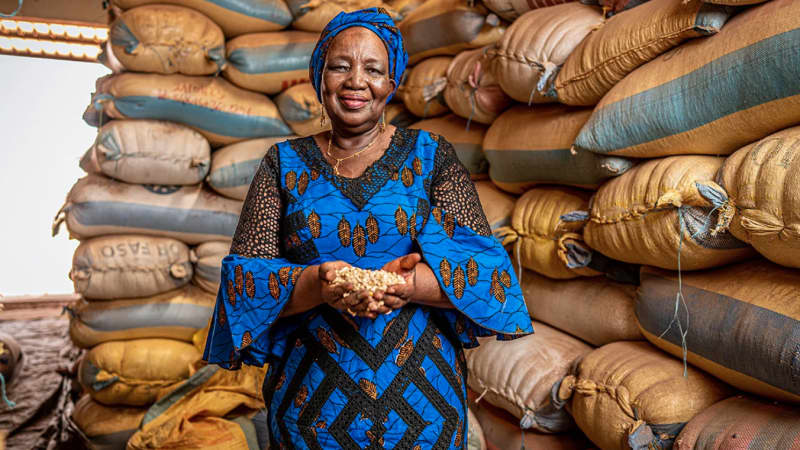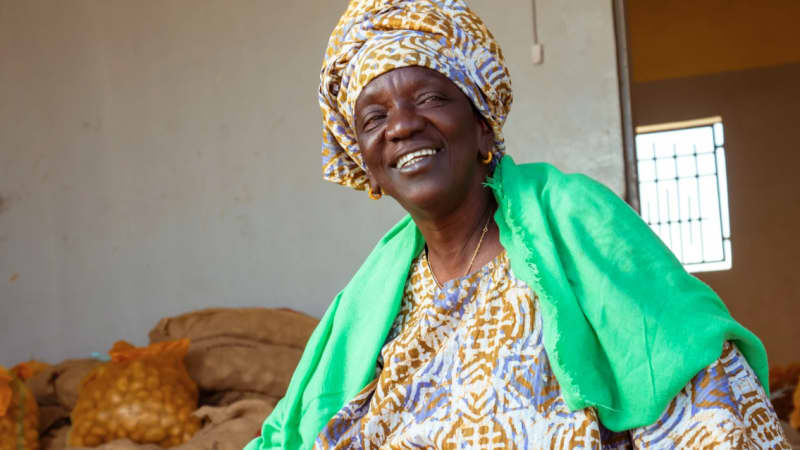Investing in Mongolia's Women Entrepreneurs
Women own two-thirds of Mongolia’s small- and medium-sized businesses. Here, three women entrepreneurs describe how financing that targets women-owned businesses has helped their companies grow.
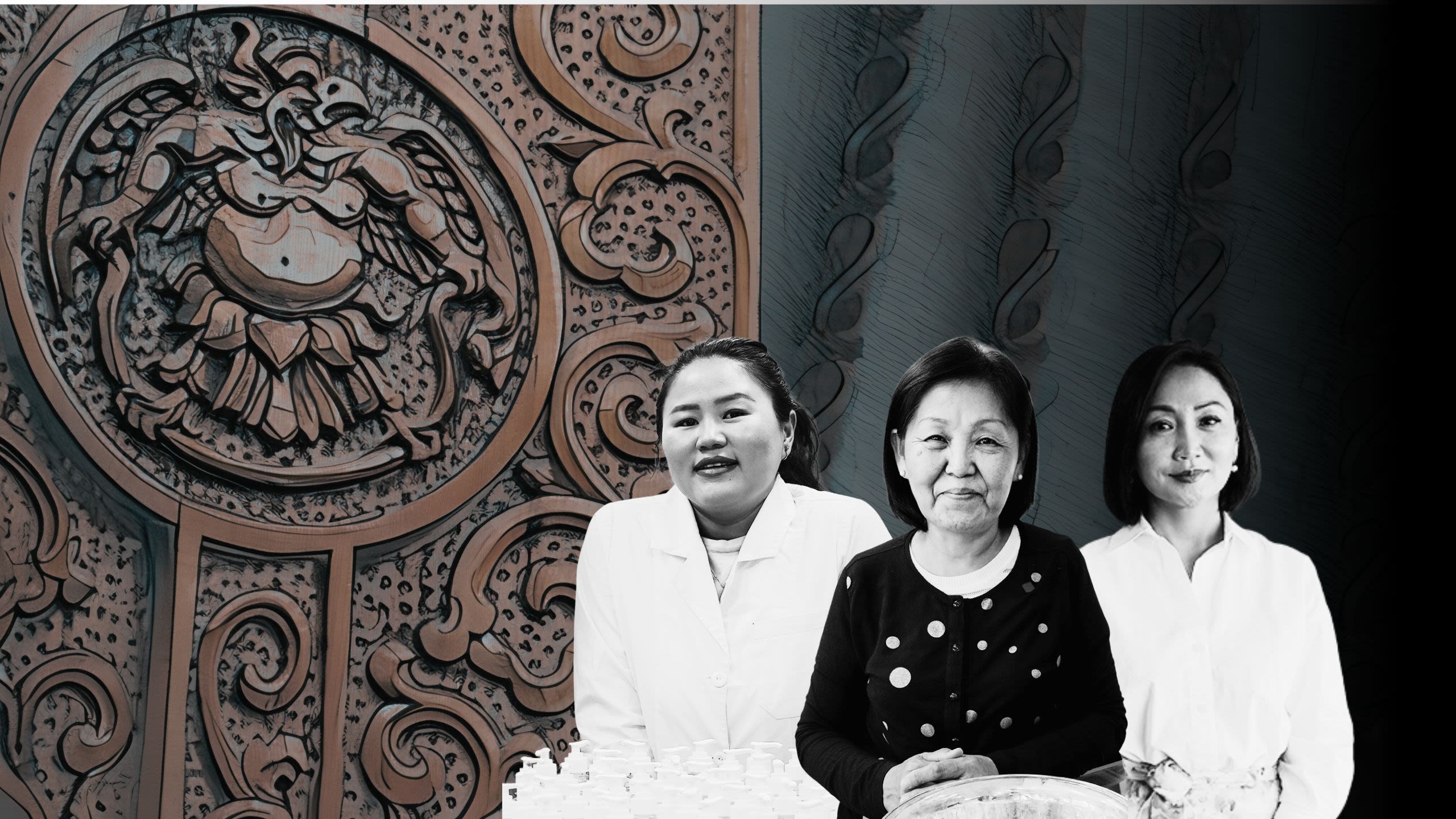
By Alison Buckholtz and Jing Yu. Multimedia by Maria Galang and Julia Schmalz.
Mongolia’s women entrepreneurs face a unique challenge. Although they own two-thirds of the country's small- and medium-sized enterprises, they often struggle to secure bank loans. Property deeds are traditionally in men’s names, requiring a husband’s consent for wives to use homes or land as collateral. When women do manage to obtain loans, they are consistently under-funded; research shows gender disparities in loan amounts as well as higher interest rates for women.
Despite these obstacles, the women entrepreneurs featured here—Chantsaldulam Baatar, Munkhtsetseg Purevsuren, and Munkhtsetseg Jadambaa—have achieved success. Financial backing from Khan Bank, which received a $130 million syndicated loan from IFC, was key to their businesses’ growth. Half of this IFC investment in Khan Bank was earmarked for women-owned business, aligning with IFC’s Banking on Women program and supported by the Women Entrepreneurs Finance Initiative (known as We-Fi) and the Women Entrepreneurs Opportunity Facility. This has strengthened Khan Bank’s financing for women-owned businesses since early 2023. The investment was made possible through proceeds from IFC’s social bonds, which exclusively financed the gender component.
With access to these resources, these entrepreneurs are building factories, expanding exports, and diversifying into new sectors—reshaping Mongolia’s business landscape while inspiring future generations of women.

Chantsaldulam Baatar
Founder and Director, Urgana
Since 1669, ten generations of Mongolian men from the Baatar family have practiced traditional medicine, sharing their knowledge of native plants, herbs, and treatments with their sons. Chantsaldulam Baatar, trained by her father, is the 11th generation and first woman to carry on this legacy. She believes that the family’s expertise is as relevant as ever. So in 2021, she founded a company that reimagines how ancient solutions can meet today’s needs, creating household and personal hygiene products made from local, organic ingredients.
Repackaging age-old wisdom as a 21st-century business makes sense for many reasons, Chantsaldulam says. “We have access to knowledge that was cultivated over hundreds of years by the people of Mongolia, and this knowledge should continue to be available to our people,” she says. “At the same time, these products contribute to the growth of the Mongolian economy, support local communities, and preserve our culture.”
Synthesizing old and new
Chantsaldulam grew up in eastern Mongolia, picking, grinding, and studying the herbs that comprise more than 400 traditional Mongolian medicines. After a management degree in the U.S., she launched Urgana, a home and lifestyle brand. Since its founding in 2021, Urgana has worked with more than 300 Mongolian suppliers of raw products, minerals, plants, and herbs. Its inventory of 50 products includes toothpaste varieties with cardamom and sea salt, shampoo with nettle seed oil, hand cream with sea buckthorn, and dishwashing liquid (the company’s most popular product) scented with the essence of local flowers.
Supporting the community also means providing jobs for women who live near the factory. Over 90 percent of Urgana’s workers are local women. As the mother of two young children, Chantsaldulam is aware of the difficulties of balancing responsibilities at home and work. To accommodate her employees’ responsibilities to their own families, Urgana created two shifts, with policies that aim for flexibility in working hours.
“Women workers face a lot of impediments here, because household tasks traditionally fall on their shoulders,” she says. “So, we try to make it easier for them to earn a living and care for their families.”
Women entrepreneurs also face significant challenges, she acknowledges. It’s especially difficult to access financing because men own the deed on a couple’s property, which means women must get permission to list land or assets as collateral. In her case, her father, husband, and other family members supported her initial efforts, and she has received three loans from Khan Bank to establish and expand Urgana. Infusions of working capital have also helped Urgana pay salaries and develop new products. The company has grown quickly—from 12 employees in 2021 to 70 employees today—and strong sales have motivated Chantsaldulam to start planning a new factory with modern infrastructure.
Much of the company's growth comes from exports to countries with sizeable populations of Mongolian descendants, such as China and Kazakhstan. Urgana has also received approval to export two products to the E.U., a result of Chantsaldulam’s determination that Urgana satisfy global standards for organic ingredients and compostable packaging. This will expand market opportunities while “showing the world what Mongolia can offer,” Chantsaldulam says.
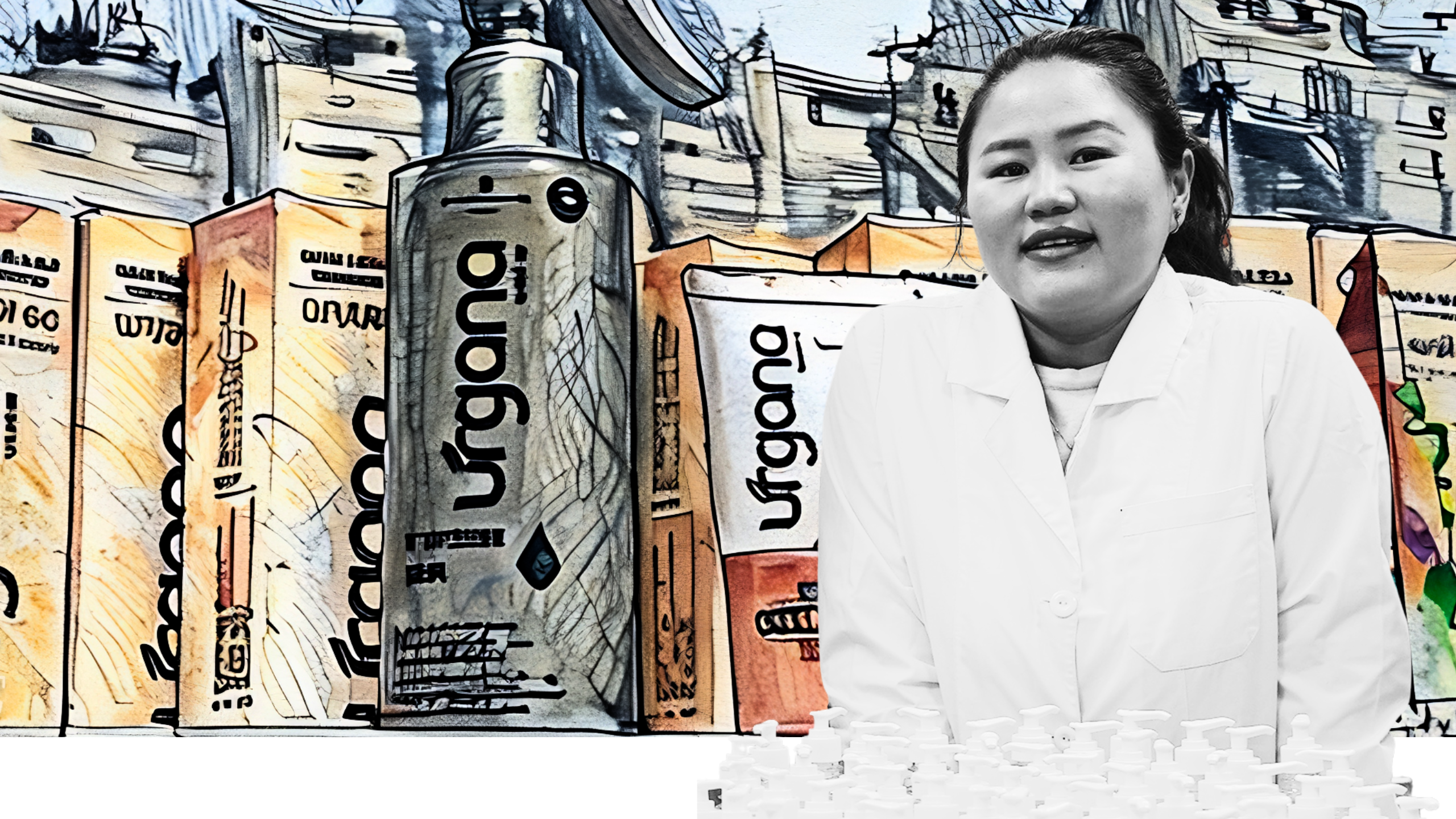
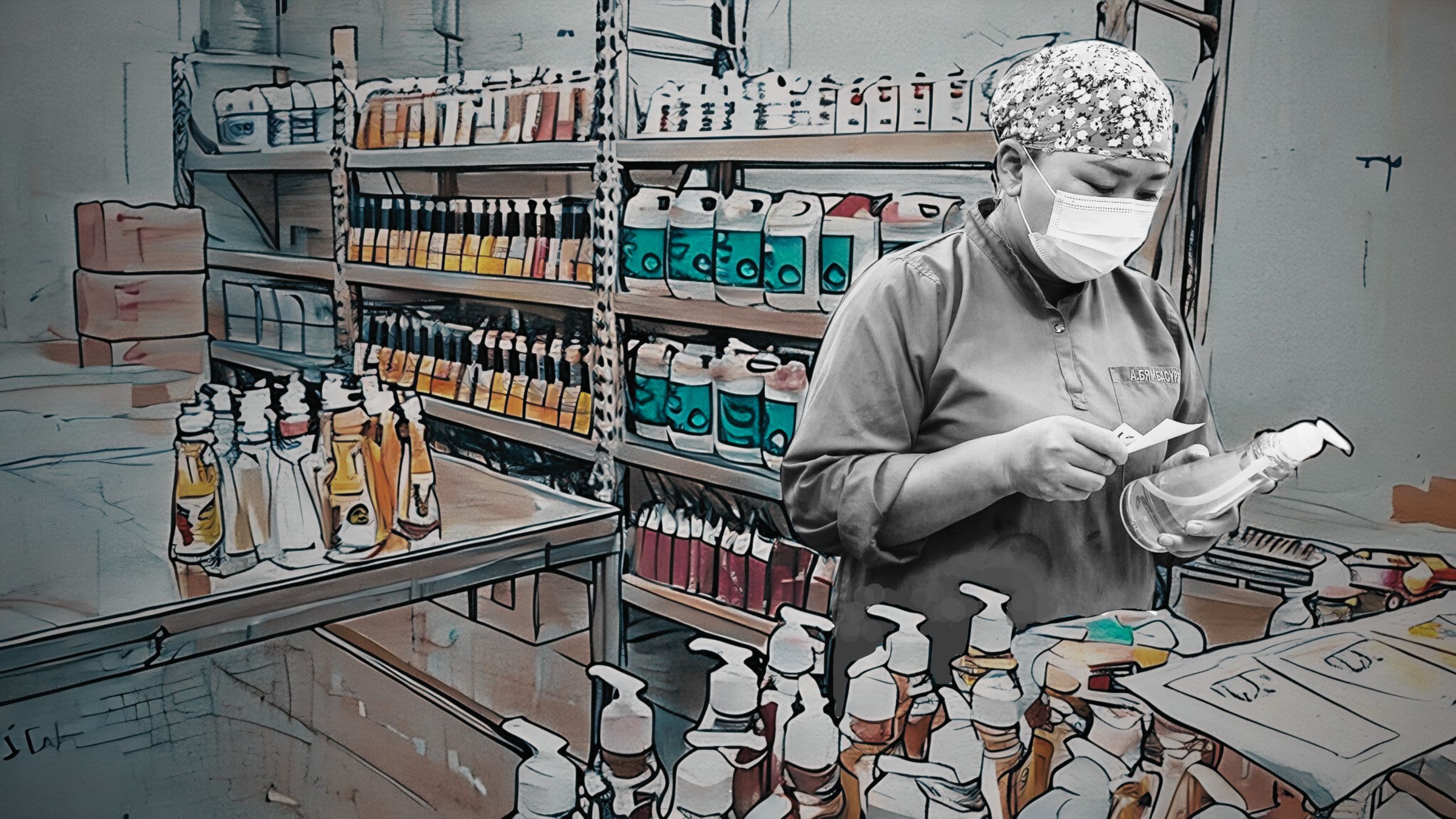
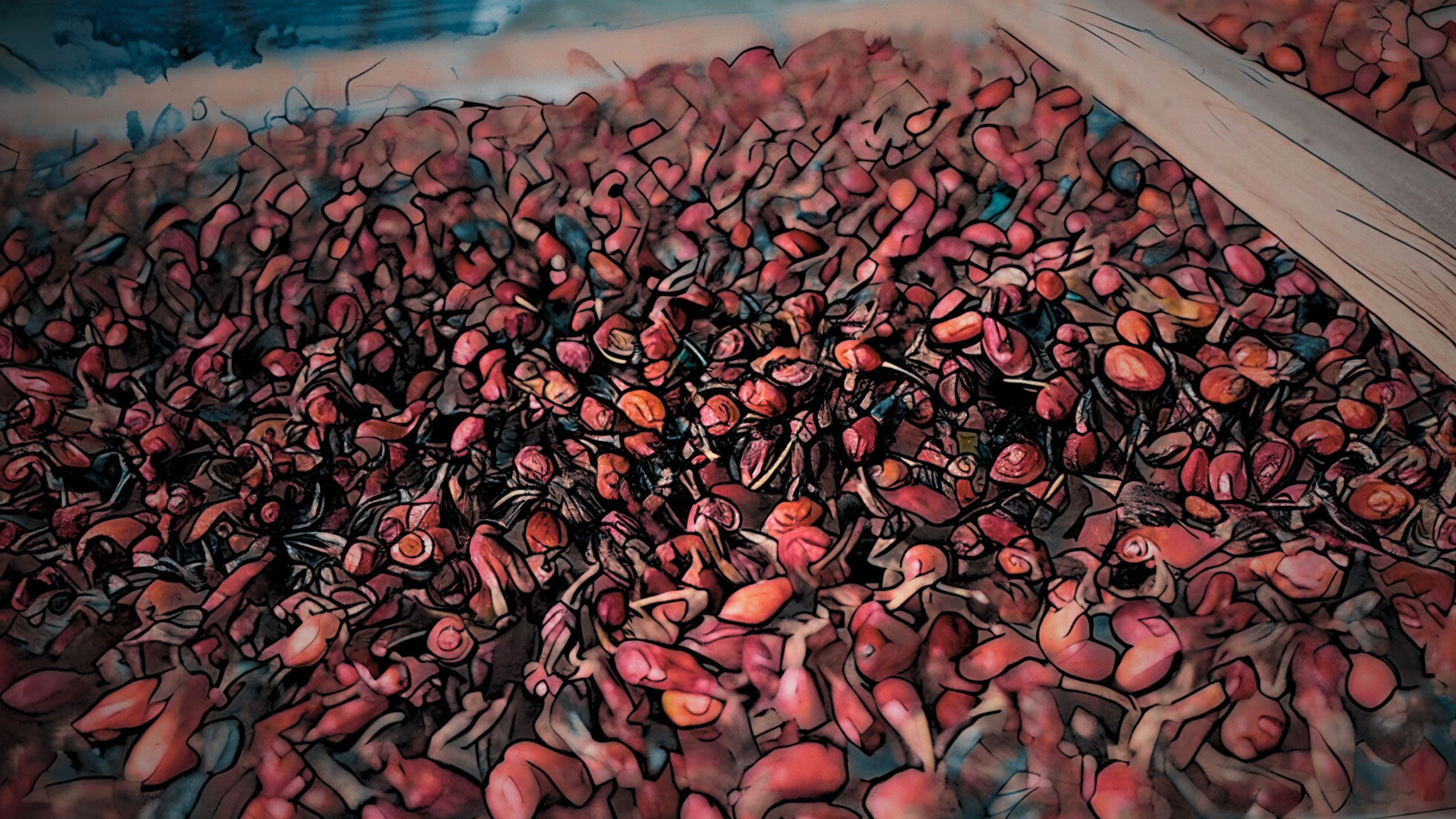
Munkhtsetseg Purevsuren
Founder and Owner, Talst Urlan LLC
When Mongolia transitioned from socialism to a market-based economy in 1990, many people who had spent their lives working for state-owned businesses lost their livelihood. For Munkhtsetseg Purevsuren, the turning point came when her husband’s power plant went bankrupt. “We all had to find a way to survive,” she recalls. A family member offered to teach them the craft of silversmithing and suggested they start a business.
From the start, Munkhtsetseg and her late husband had a vision: reimagine Mongolian ceremonial items as modern designs that acknowledge the country’s cultural heritage. “We have always been committed to making things that honor Mongolian traditions, but with consideration for today’s customers’ needs,” she says.
Their first creations were small silver bowls used in religious ceremonies. They called their company Talst Urlan (which roughly translates as “Silver and Crystal”), and Munkhtsetseg focused on sales and production while her husband designed and crafted products. In 2015, with backing from Khan Bank, Talst Urlan formally incorporated and began showcasing the couple’s work at market stalls. As their two sons joined the business as craftsmen, the company expanded its offerings to include original sculptures inspired by Mongolian history, riding saddles modeled after warriors’ designs, silver belts for the deel (traditional outfit), and even hand-crafted musical instruments like the horse-head fiddle. In 2021, they opened a craft and jewelry shop on a busy shopping street in the capital of Ulaanbaatar.
Partnering with others
Munkhtsetseg is proud that the company’s 30 employees and all of its suppliers are Mongolian, and also that the company creates job opportunities in other sectors. Some of its creations—such as an elaborate brass and silver chess set—are so delicate that they require custom boxes and shipping materials. Since the packaging sector in Mongolia is under-developed, Talst Urlan partnered with a local company to produce packaging that fit its needs.
The company also partners with scientists and conservationists, carving out a distinctive niche among the country’s artisans. Munkhtsetseg’s son, who now serves as CEO, worked with local scientists to create a series of small bronze sculptures depicting rare and endangered animals. These pieces are inspired by efforts to raise awareness of the challenges faced by these species, including threats from urbanization, pollution, and climate change.
Technology has accelerated the company’s growth as well as its creative output. Just as Khan Bank’s first loan to Talst Urlan helped procure critical workshop equipment, recent loans made it possible to purchase 3-D technology to develop prototypes online rather than drawing them—a move that saves both time and materials, Munkhtsetseg says.
As the company continues to develop new products, Munkhtsetseg remains attuned to market demand. “People want familiar, affordable, and practical items,” she says, picking up a porcelain mug lined with copper and decorated with Mongolian designs. It’s a top seller. Historically, Mongolians drank milk tea from bowls inlaid with copper for health benefits, but “those bowls are not practical for office workers today,” she says. So the shop began producing mugs based on traditional designs, but made practical for everyday use. “This is how we can serve people’s needs, without forgetting the past.”
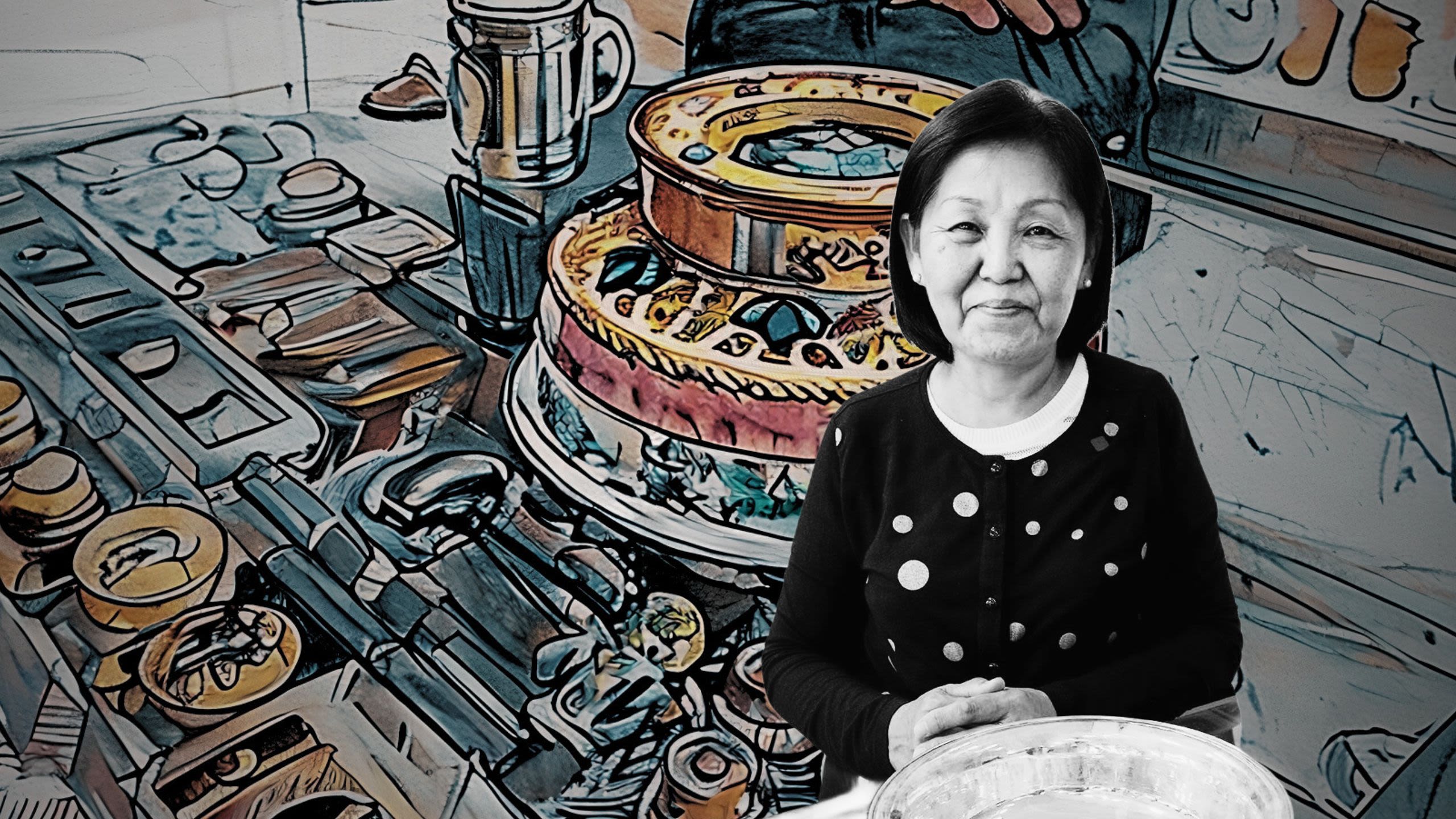
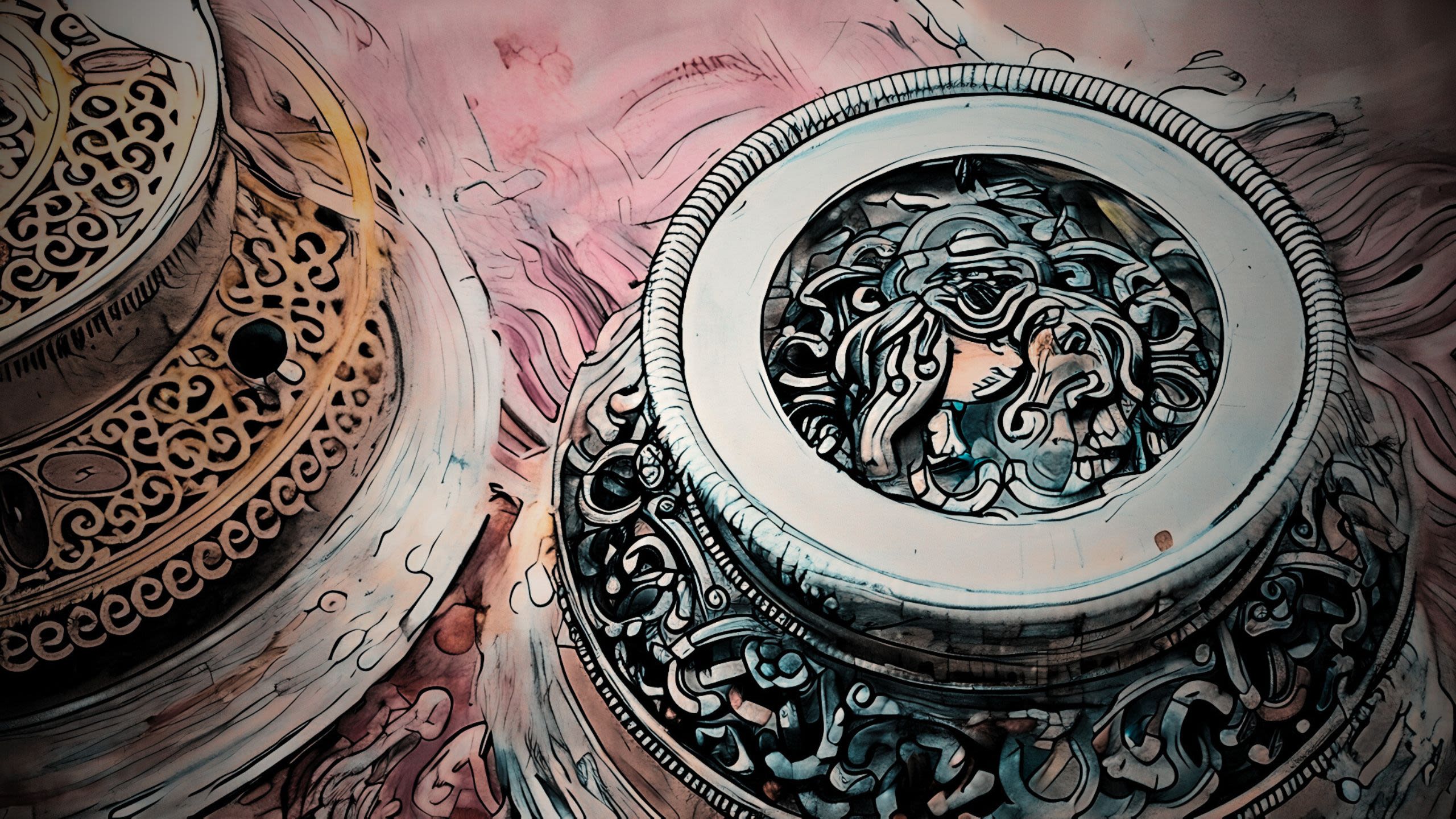
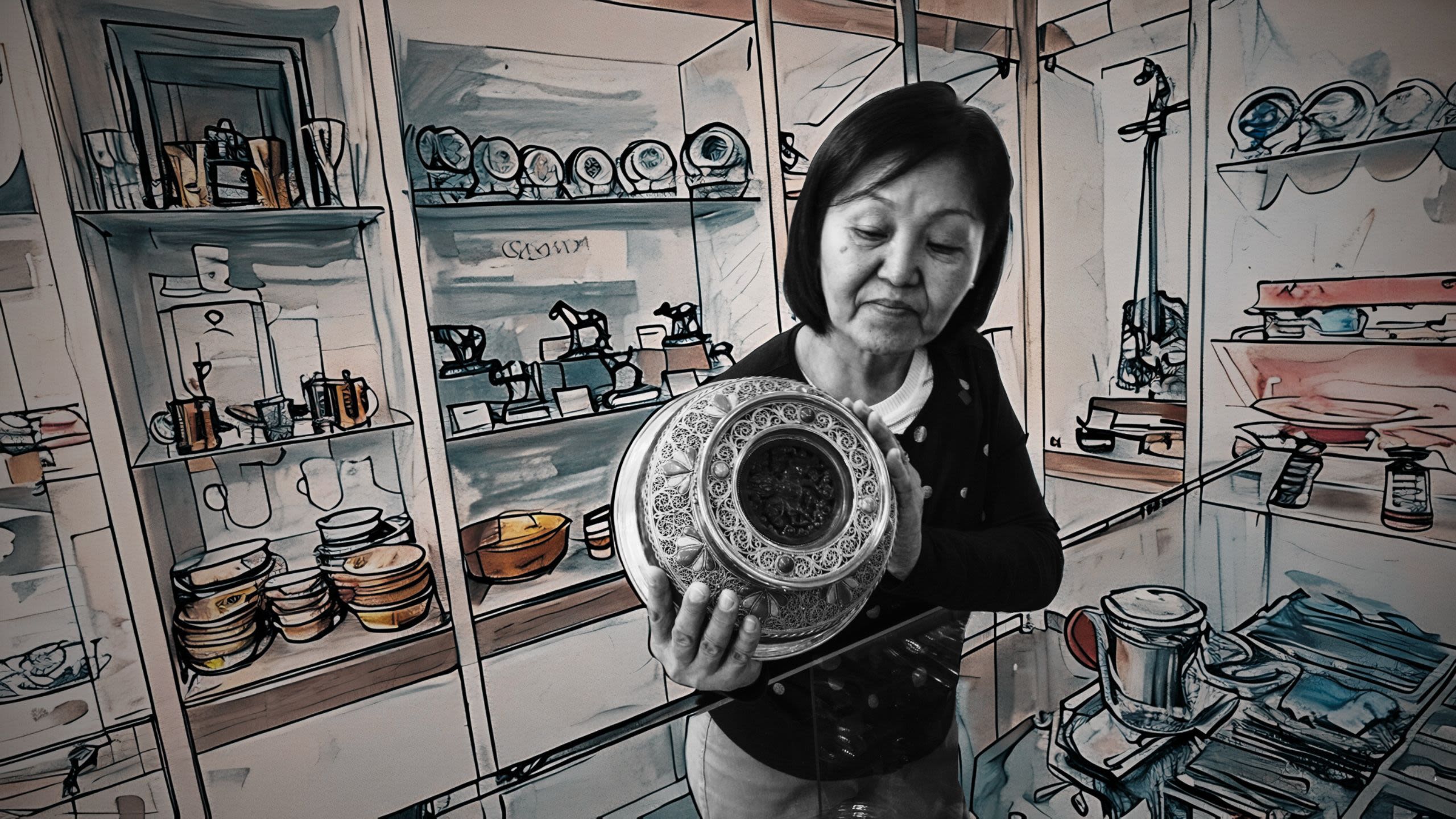
"If men and women receive the same level of resources, it will greatly contribute to [Mongolia's] economy."
Munktuya Retsenebat, CEO, Khan Bank
Munkhtsetseg Jadambaa
Founder and Managing Director, Mongol Vann Construction
Munkhtsetseg Jadambaa didn’t grow up dreaming that she would one day run a manufacturing company. As a journalist and teacher in Mongolia’s capital, Ulaanbaatar, in the late 1990s, she thought that investigating and writing stories would be her life’s work. But after she was married, circumstances intervened: she stayed at home with two young children because her husband, unable to find a job in Mongolia, moved to Korea to work for a company that built bathtubs.
“Many other couples we knew were separated like this, because the husband had a job in another country, and many ended up divorced. I didn’t want that for us,” Munkhtsetseg recalls. During this time, Mongolia was experiencing a construction boom, and she had noticed that housing materials were imported due to the country’s limited manufacturing capacity. “I told my husband I would use his expertise to create a business opportunity for us, here in Mongolia, so our family could stay together,” Munkhtsetseg says. “He would produce the bathtubs, and I would take care of the rest.”
Quality and affordability
From the start, Munkhtsetseg and her husband were determined to produce items that matched the quality of imported goods at a price Mongolians could afford. When the government rejected her application for a loan, she turned to Khan Bank. After her company, Mongol Vann Construction, became a client, she began building a business that today supplies bathtubs to half of Mongolia’s total residential housing market, with a 70-to-80 percent market share among middle-income housing.
But financing is far from the only benefit to being a Khan Bank client, Munkhtsetseg says. Khan Bank’s workshops, organized by its SME Academy for women entrepreneurs, were also critical to the firm’s growth. “I was handling the company spreadsheets like a household budget in the beginning,” Munkhtsetseg remembers. “The workshops helped me see I needed to fill the accounting gaps and taught me how to prepare financial statements.”
Her own growth as an entrepreneur took an unexpected twist during the pandemic. The lockdown’s impact on transportation and logistics, alongside the slowdown of Mongolia’s construction sector, presented “a desperate situation” for the business, Munkhtsetseg says. To continue bringing in revenue and retain her employees, she chose to diversify Mongol Vann so it wouldn’t be vulnerable to the same kind of crisis again. Surprising her colleagues in the manufacturing sector, she bought a plot of undeveloped land in Ulaanbaatar and built a two-story restaurant that doubles as an event space.
This “complementary business,” as Munkhtsetseg calls it, serves as a dependable revenue center. It opened in June 2024, and it is already so busy she has hired 32 employees, in addition to the two dozen people with jobs at Mongol Vann Construction. To more fully devote herself to the restaurant, she appointed a new CEO to Mongol Vann Construction and became its Managing Director, but she is still closely involved in operations to ensure the company’s continued growth.
“If I start something, I will keep my word and complete it,” she says.
Published March, 2025
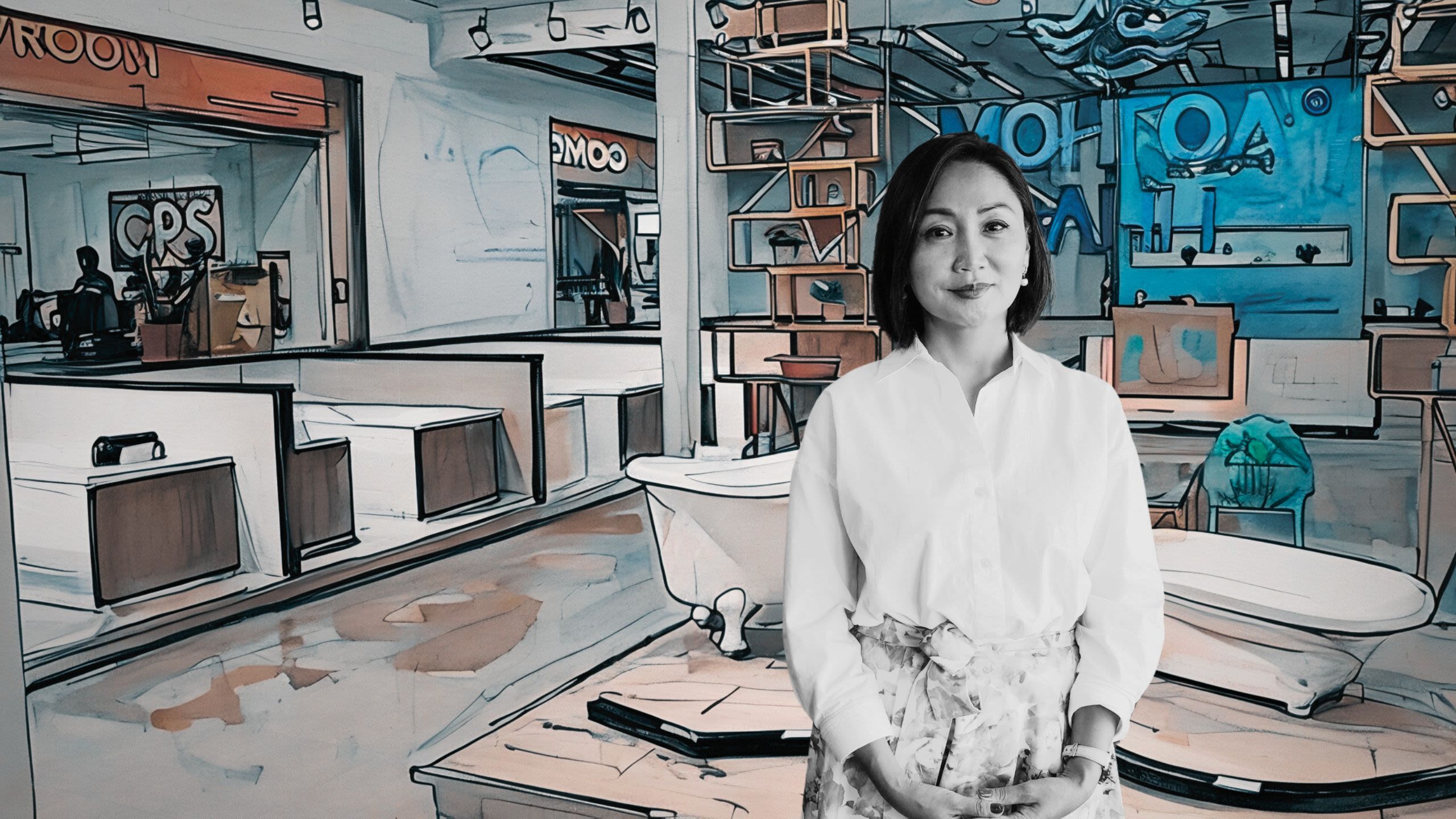
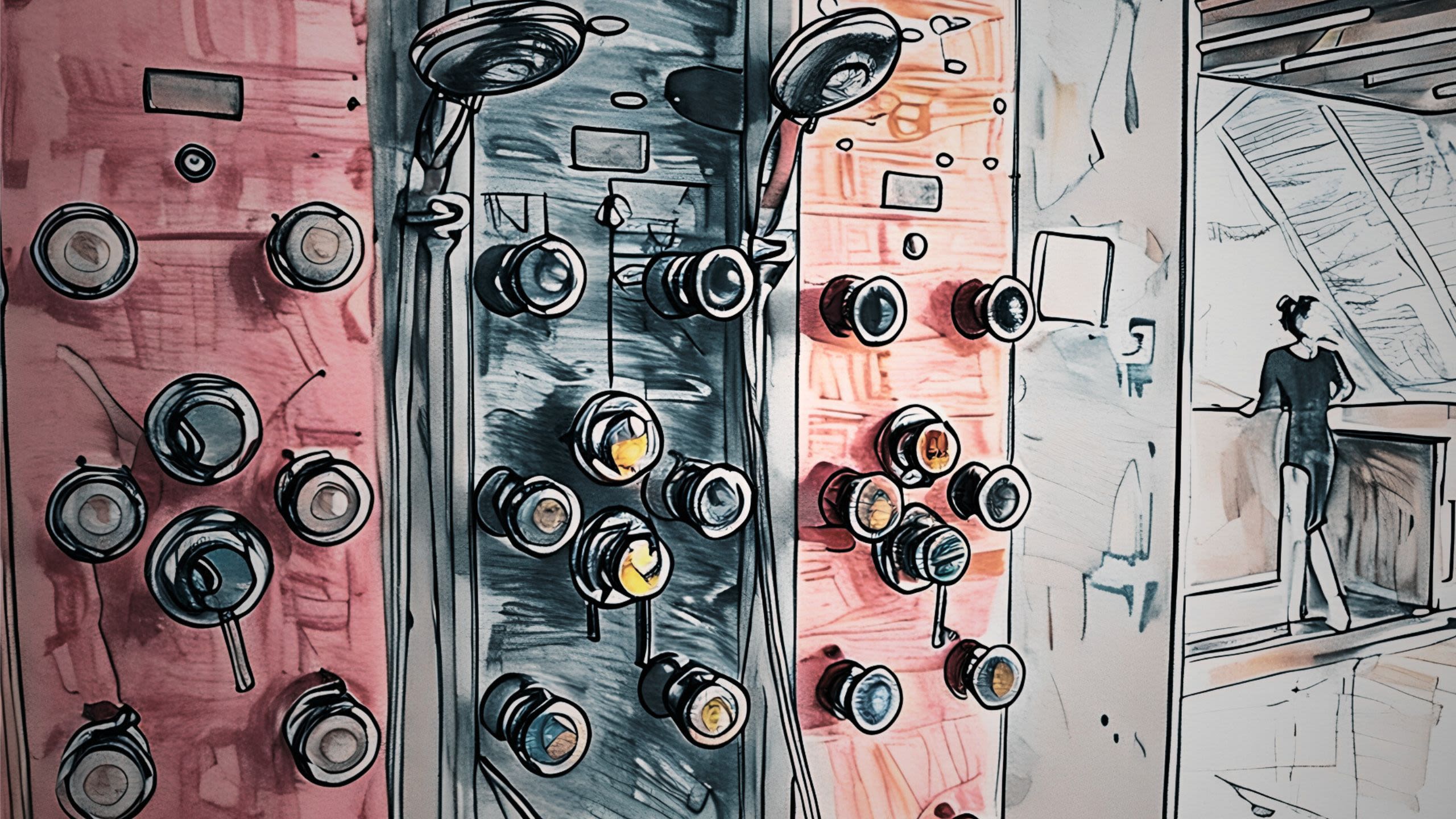
Related Content

